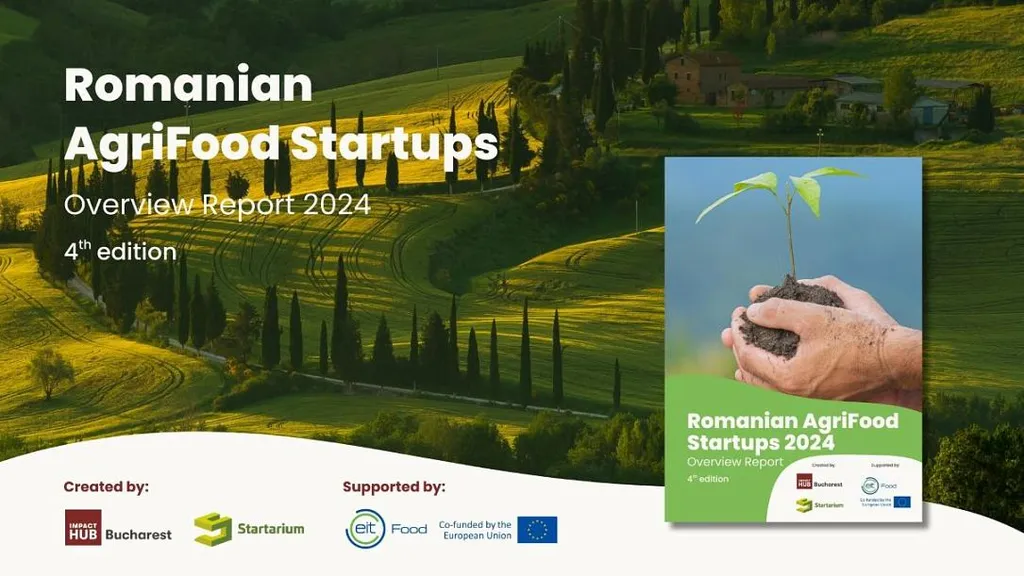In the heart of Romania’s agricultural landscape, a significant shift is underway, one that could reshape the future of farming and rural employment. A recent study published in the Bulletin of University of Agricultural Sciences and Veterinary Medicine Cluj-Napoca: Agriculture, led by Andreea Daniela GIUCĂ of the Research Institute for Agricultural Economics and Rural Development, ICEADR, sheds light on the evolving dynamics of the agricultural workforce in Romania. The research, spanning from 2018 to 2023, reveals a stark reality: the number of both skilled and seasonal workers in the agricultural sector is on the decline.
The study highlights two critical phenomena: a drastic reduction in seasonal workers and an insufficient supply of specialized personnel. “We identify, at least in certain agricultural areas in Romania, important problems on farms due to these workforce changes,” GIUCĂ notes. This decline in labor force poses significant challenges for farmers and could have far-reaching commercial impacts for the agriculture sector.
The reduction in seasonal workers is particularly concerning, as these individuals play a crucial role in harvesting and other time-sensitive tasks. Without adequate labor, farms may struggle to maintain productivity and meet market demands. The shortage of specialized personnel, on the other hand, could hinder the adoption of new technologies and sustainable practices, ultimately affecting the sector’s growth and competitiveness.
The study’s findings underscore the need for targeted interventions to address these workforce challenges. Policymakers, agricultural cooperatives, and educational institutions must collaborate to attract and retain skilled workers in the agricultural sector. Investing in training programs, improving working conditions, and offering competitive wages could help stem the tide of labor shortages.
Moreover, the research suggests that the agricultural sector must adapt to these changes by embracing technological innovations. Automation, precision farming, and other agritech solutions could help mitigate the impact of labor shortages and enhance farm productivity. By doing so, the sector can ensure its sustainability and continued contribution to the Romanian economy.
As the agricultural landscape evolves, so too must the strategies to support it. The study by GIUCĂ serves as a wake-up call, highlighting the urgent need to address workforce challenges and embrace innovation. The future of Romanian agriculture hinges on its ability to adapt and thrive in the face of these changes. The insights from this research could shape future developments in the field, guiding stakeholders towards a more sustainable and productive agricultural sector.

